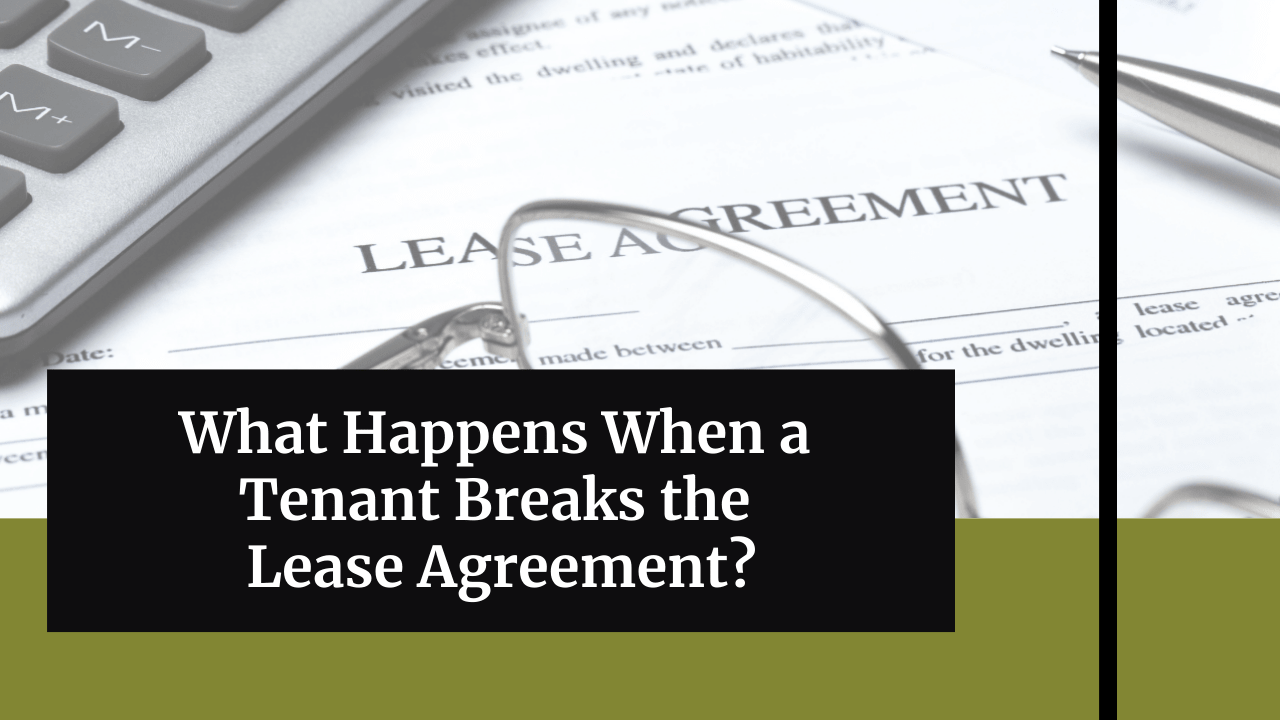When you rent out your Boca Raton property, you expect your tenants to follow the terms of their
lease agreement. This includes staying in place until the lease period ends. But, things happen – even to good tenants. If your resident has to break the lease and move out earlier than expected, it creates a financial hardship for you, and a lot of stress.
This situation should not happen very often with good screening, but if it does occur, you need to be prepared. It’s important to work with a tenant who needs to break a lease because that tenant can be instrumental in helping you re-rent the property quickly.
Know the Florida Landlord and Tenant Laws
Your Boca Raton tenant is responsible for paying the rent for the remainder of the lease term, regardless of when they move out. Florida law does not require landlords to mitigate the expense for tenants breaking a lease by finding a new tenant as soon as possible.
While the law is on your side, it’s important to manage your expectations. When your tenant leaves the lease early, it’s unlikely that you’ll be able to continue collecting rent from them when they’re not living in the property.
There are also a few reasons that tenants can lawfully break the lease without any financial penalty or responsibilities for the remaining rental amount. These include:
- Active military duty
- Habitability or safety issues in the rental property
- Tenant’s privacy rights are violated by the landlord
Re-Renting Your Boca Raton Investment Property
You’ll want to get the property rented as soon as possible; preferably before your current tenant moves out. We like to work with our tenants so that we can meet that goal and allow them to leave without owing us any additional money.
Tenants who are moving out usually agree to cooperate when it comes to showing the property and keeping it clean and well-maintained. They know that if they don’t cooperate, they will be responsible for paying the rent until a new tenant is moved in.
Find out when the current tenant expects to be out, and begin marketing the home right away. If you have a new tenant waiting to move in before the existing tenant moves out, everyone will win. Your tenant has less financial responsibility and you have a lower vacancy risk.
Communication and Cooperation















